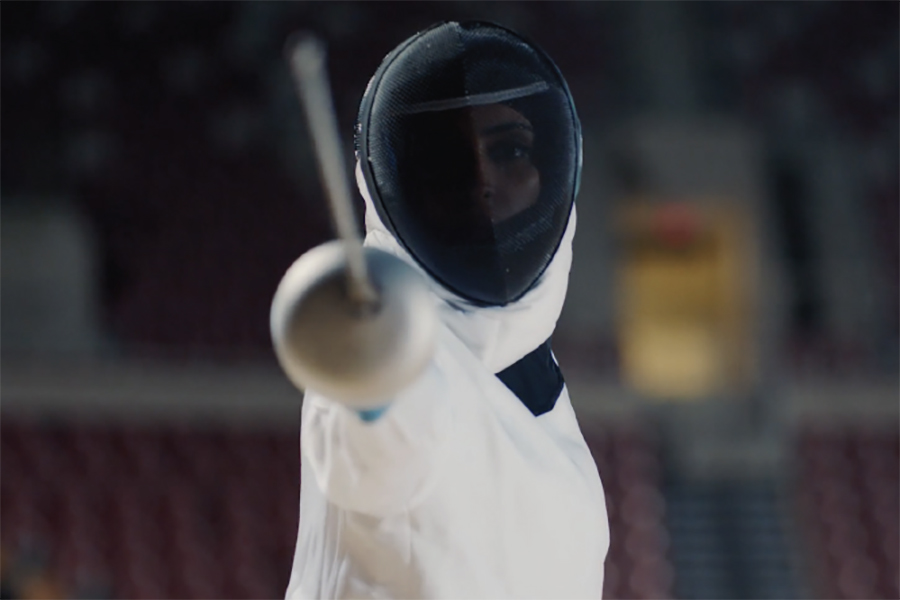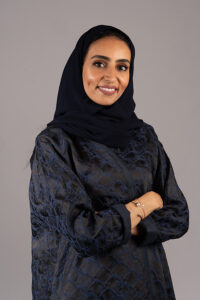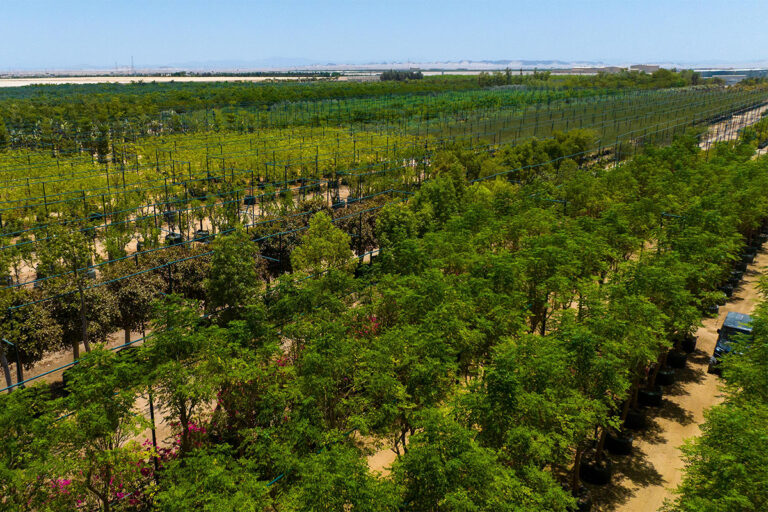
Of the three disciplines in Olympic fencing, the épée, foil, and sabre, the épée may be the most challenging. As well as using the heaviest blade, épée fencers need to develop expert defensive strategies and counterattacking skills, testing their physical and mental endurance to the limit.
Épée specialist Lama Al-Fozan has never shied away from a challenge. One of Saudi Arabia’s leading female athletes, and a newly elected member of the Kingdom’s Olympic Committee, Lama is playing a major role in increasing female participation in sports across the country, and helping to empower Saudi women from all walks of life.
“I am so proud of the female Saudi athletes that are coming through in many different sports,” Lama says. “We did not have so many opportunities before, but things are changing fast, and the future for women in Saudi sports looks very bright.”
In 2016 in Rio de Janeiro, a female fencer represented Saudi Arabia at the Olympic Games for the first time, competing with the foil. At Paris 2024 and Los Angeles 2028, Lama thinks the Kingdom will be a force to be reckoned with across a range of Olympic sports. “I have no doubt that women from Saudi Arabia will soon be competing for medals at the regional and global levels,” she says.

As a member of the Athletes’ Commission of the Saudi Arabian Olympic Committee, Lama is working to support the emergence of a new generation of elite sports talent. Meanwhile, partnering with the Ministry of Sports as regional director of sports initiative Master Me, she is creating opportunities for Saudis from all walks of life to use sports to express themselves and improve their health, well-being, and self-esteem.
“The whole ecosystem for sports in Saudi Arabia is growing very rapidly,” Lama says. “There has been an incredible amount of change in the last two years. We are waking up the sleeping giant of the sports world.”

How fast are sports growing in Saudi Arabia?
When I first started fencing, there were no facilities in Saudi Arabia, and women had to train outside the country. Since the launch of Vision 2030, the pace of change has been incredible. My fencing federation now has an eight-year plan and is training athletes to compete at Paris 2024 and Los Angeles 2028. The Ministry of Sports and the Olympic Committee are working hard to develop the sporting ecosystem and give ordinary Saudis more opportunities to participate in sports. There has been a huge improvement in the last two years.
Why do you think sports are so significant for the future of Saudi Arabia?
Nelson Mandela said that sports have the power to change the world. When you play sports, there is no discrimination; sports is all based on your capabilities, how well you play, and your ethics while you play. The values and the discipline that we learn in sports will be crucial to the new Saudi Arabia.
Sports are also extremely important for girls, and can help give them self-confidence and improve their mental as well as their physical health. I have gone through many tough times in my life by picking up my sword, going to training, and blocking out all the bad things.
“In Saudi Arabia, we are developing a new and inspiring generation of male and female athletes who will soon be challenging for medals at the highest levels of competition.”
Lama Al-Fozan, fencer and head of partnerships and alliances, KAFD
Tell us about your day job at the King Abdullah Financial District [KAFD] in Riyadh. How is life for women changing in the Saudi business world?
I am head of partnerships and alliances in one of the largest and fastest-growing financial centers in the world. That itself shows just how fast things are changing in Saudi Arabia.
At KAFD, I can see more and more women in positions that used to be held only by men. I do not believe there is a glass ceiling anymore. I am confident that we have broken it.
We are making tremendous progress when it comes to female empowerment. In the last 15 years, 70% of all scholarships have been awarded to women. One of the main goals of Vision 2030 is to increase female participation in the workforce from 22% to 30%. We are seeing female leaders everywhere in the private and public sectors. There has been a massive change in mentality. This is our time to shine.

As well as these social changes, how is the Saudi economy transforming?
We have a young population—70% are under the age of 30—and we are tech-savvy, educated, and motivated. Male and female entrepreneurs will help us diversify away from oil and create a more dynamic, knowledge-based economy. It is an exciting time to be a Saudi.
You are also the co-founder of Saudi nonprofit organization Talga.
Four years ago, I participated in a special UN program for young people on developing an action plan for Sustainable Development Goal 1—to end poverty in all its forms everywhere. This inspired me to co-found a nonprofit initiative that looks for sustainable solutions to social problems within the Kingdom. We called it Talga, the name of a long-lived and very resilient fig tree that is common in southern Saudi Arabia.
Since we launched Talga, we have been involved in many campaigns, ranging from recycling initiatives to support for local artisans. The team is currently working on a campaign to help break taboos about mental health.
My father Abdullah Al-Fozan taught me to always believe in myself. I am passionate about helping people fulfill their potential, wherever they are. We should all try to live the best life we are capable of. In sports and in ordinary life, everyone should have the chance to reach for their goals![]()









